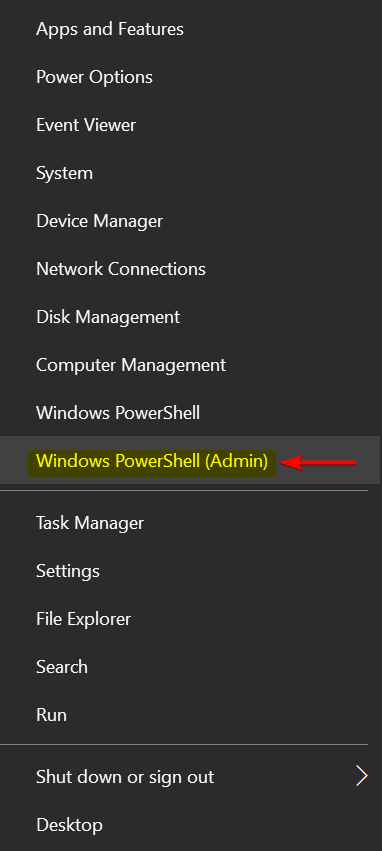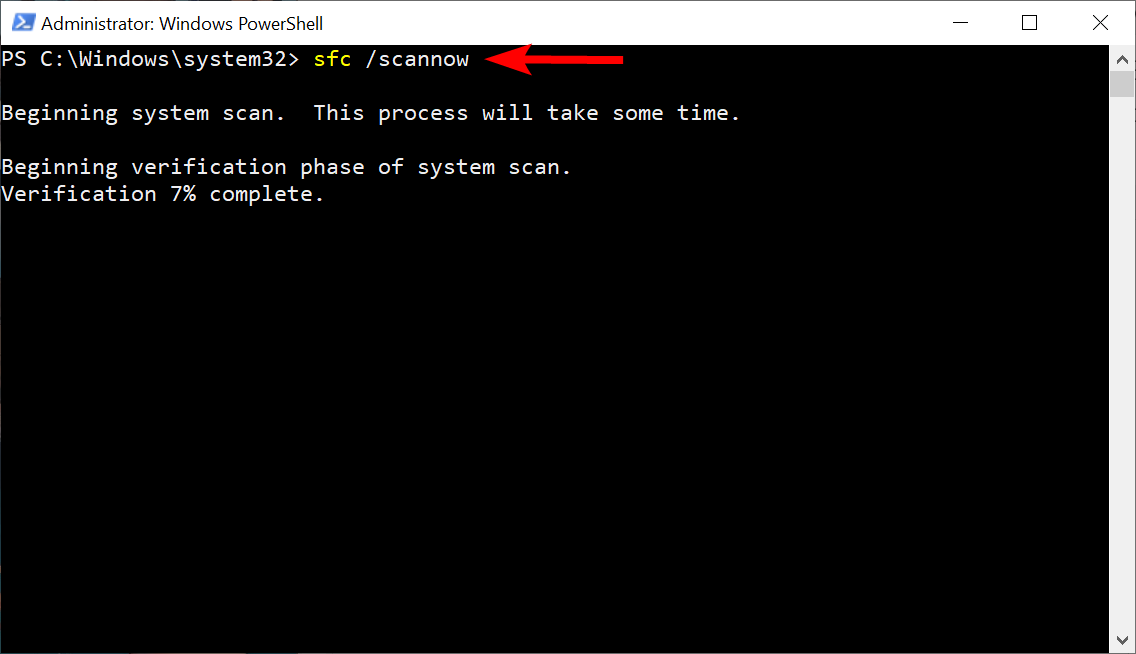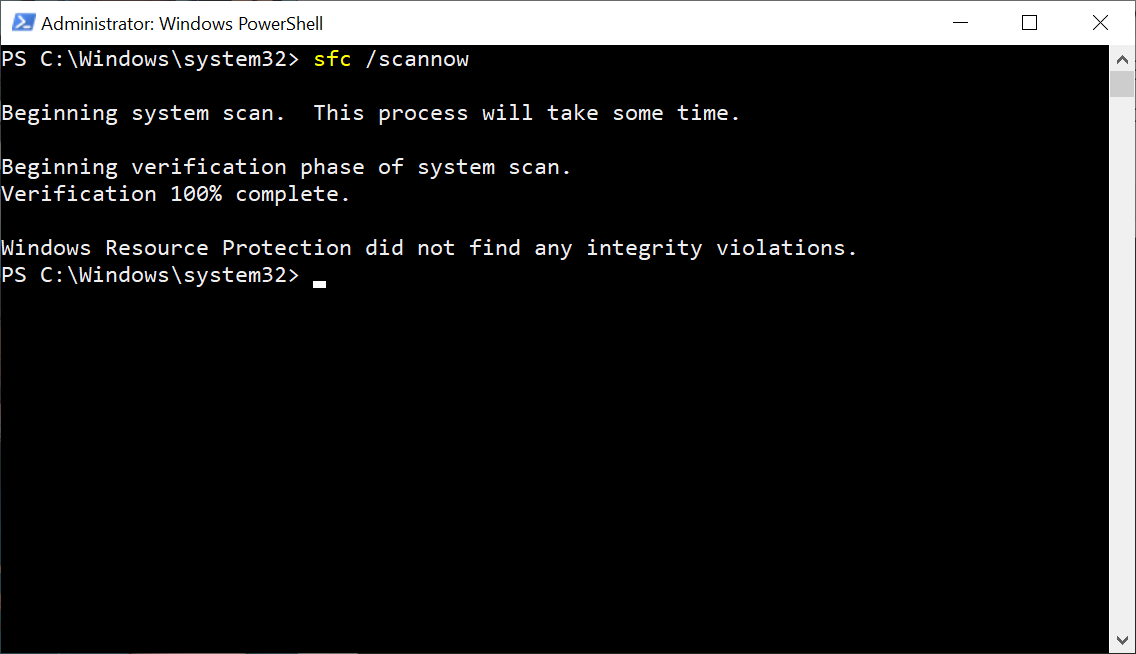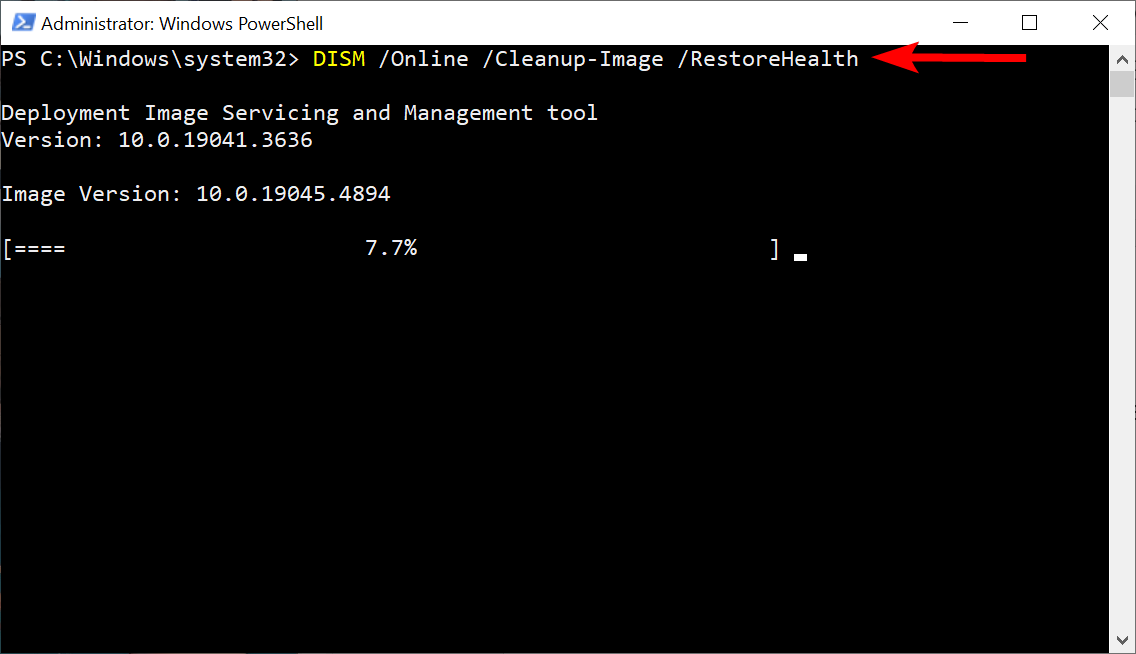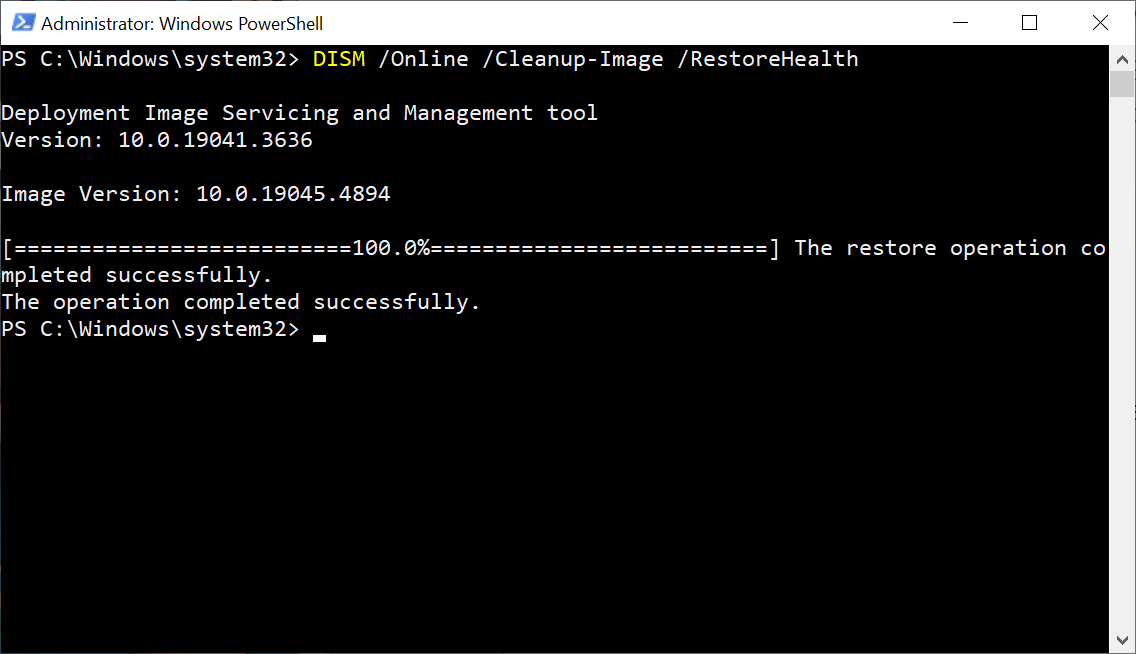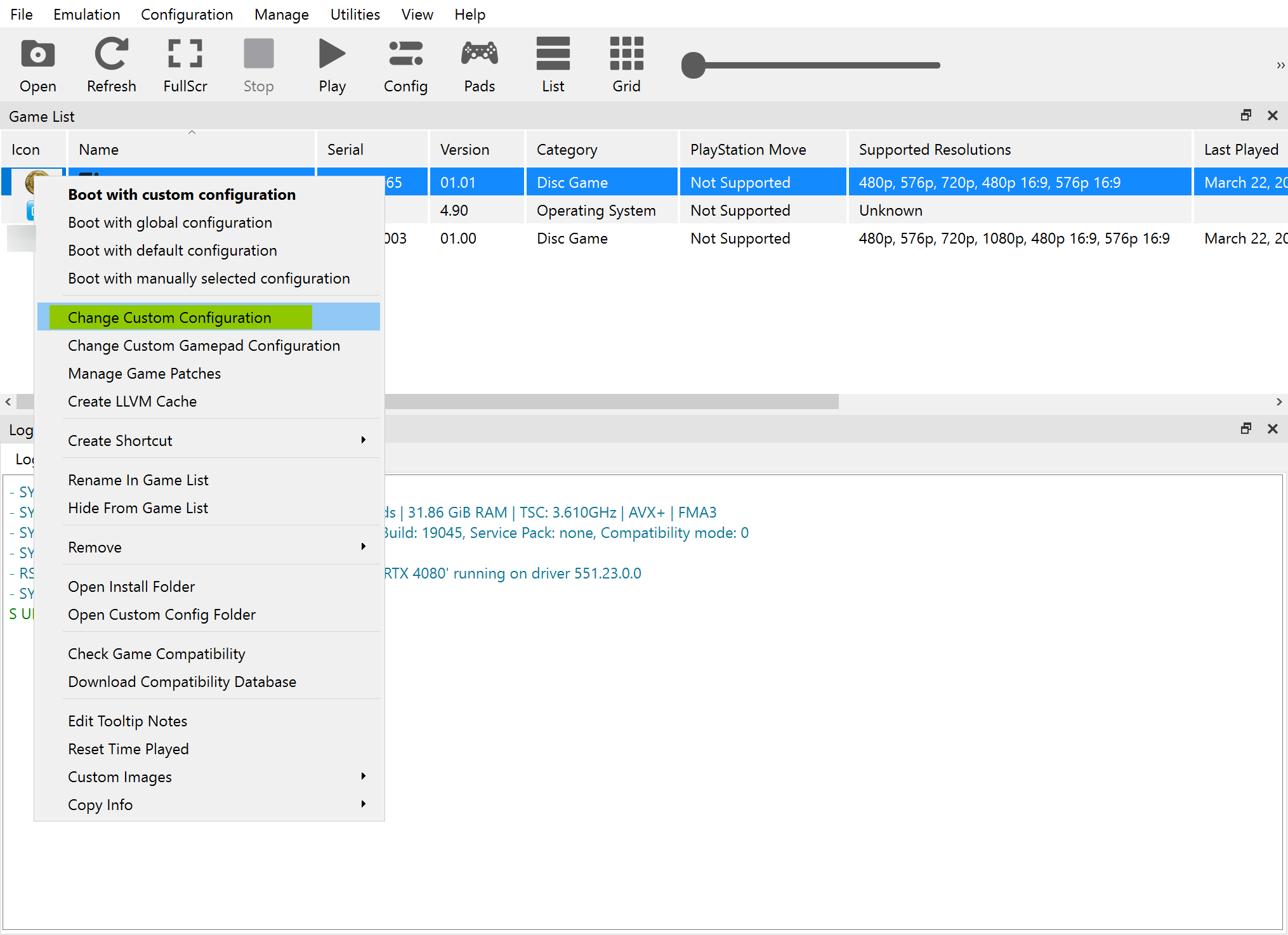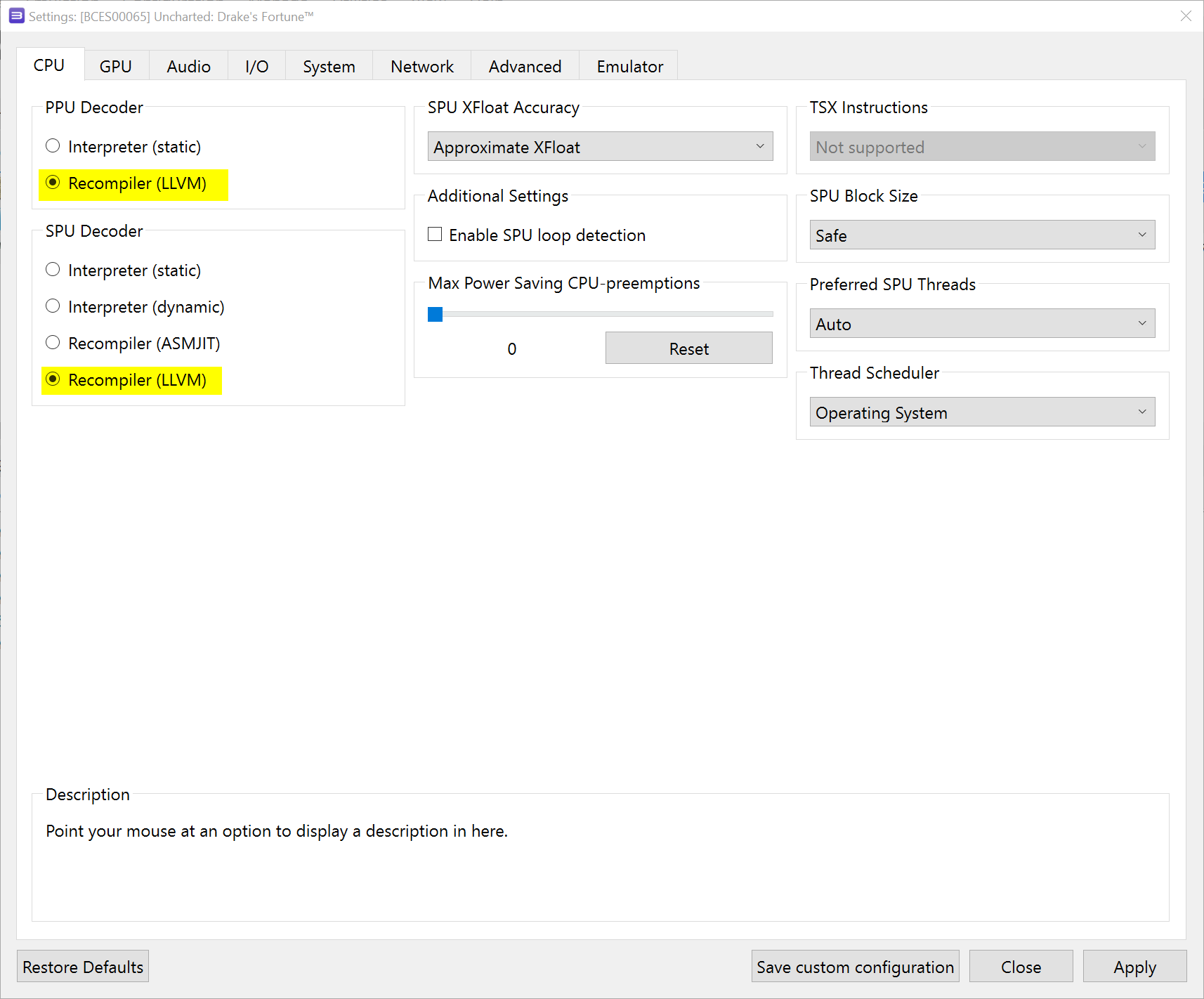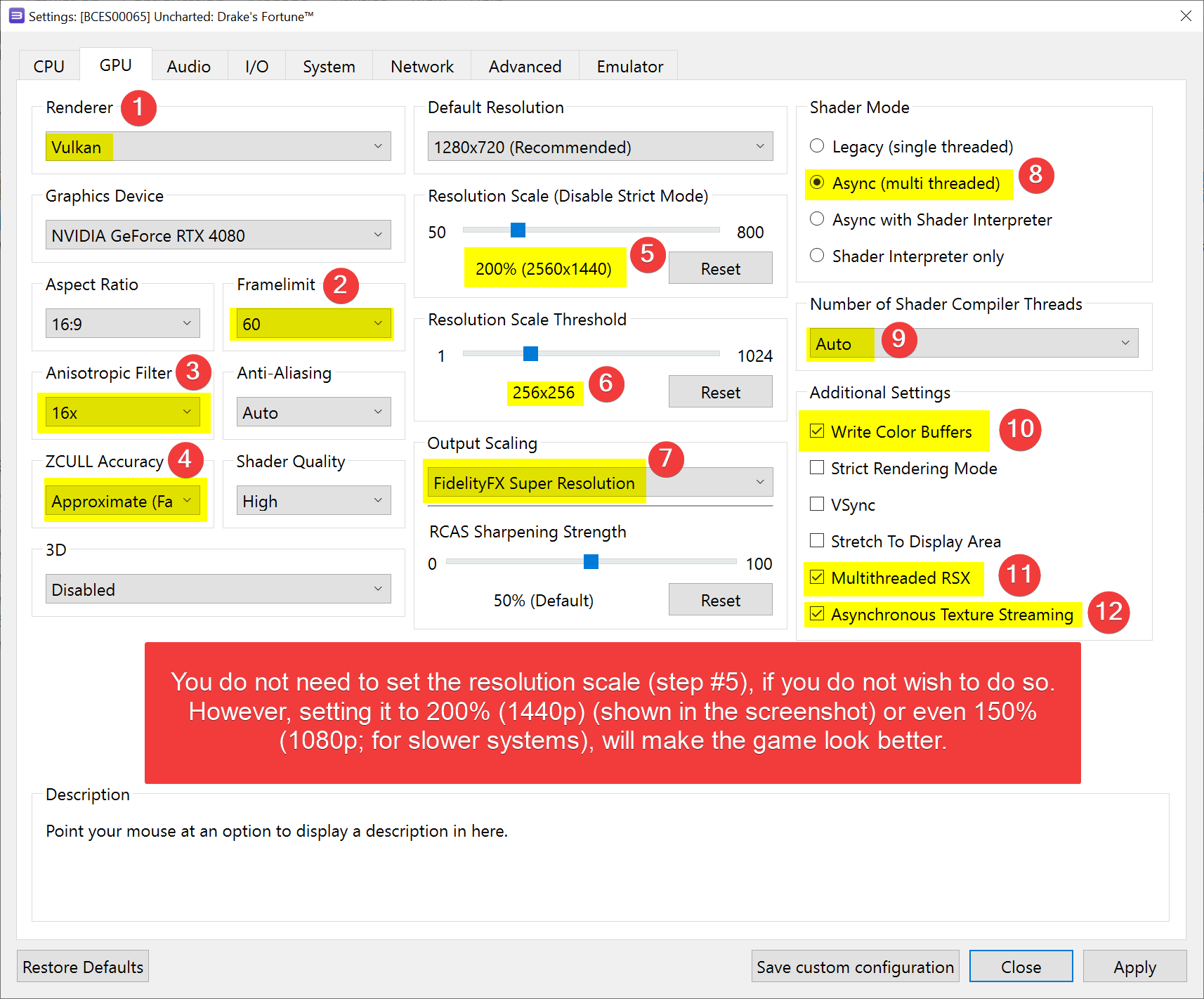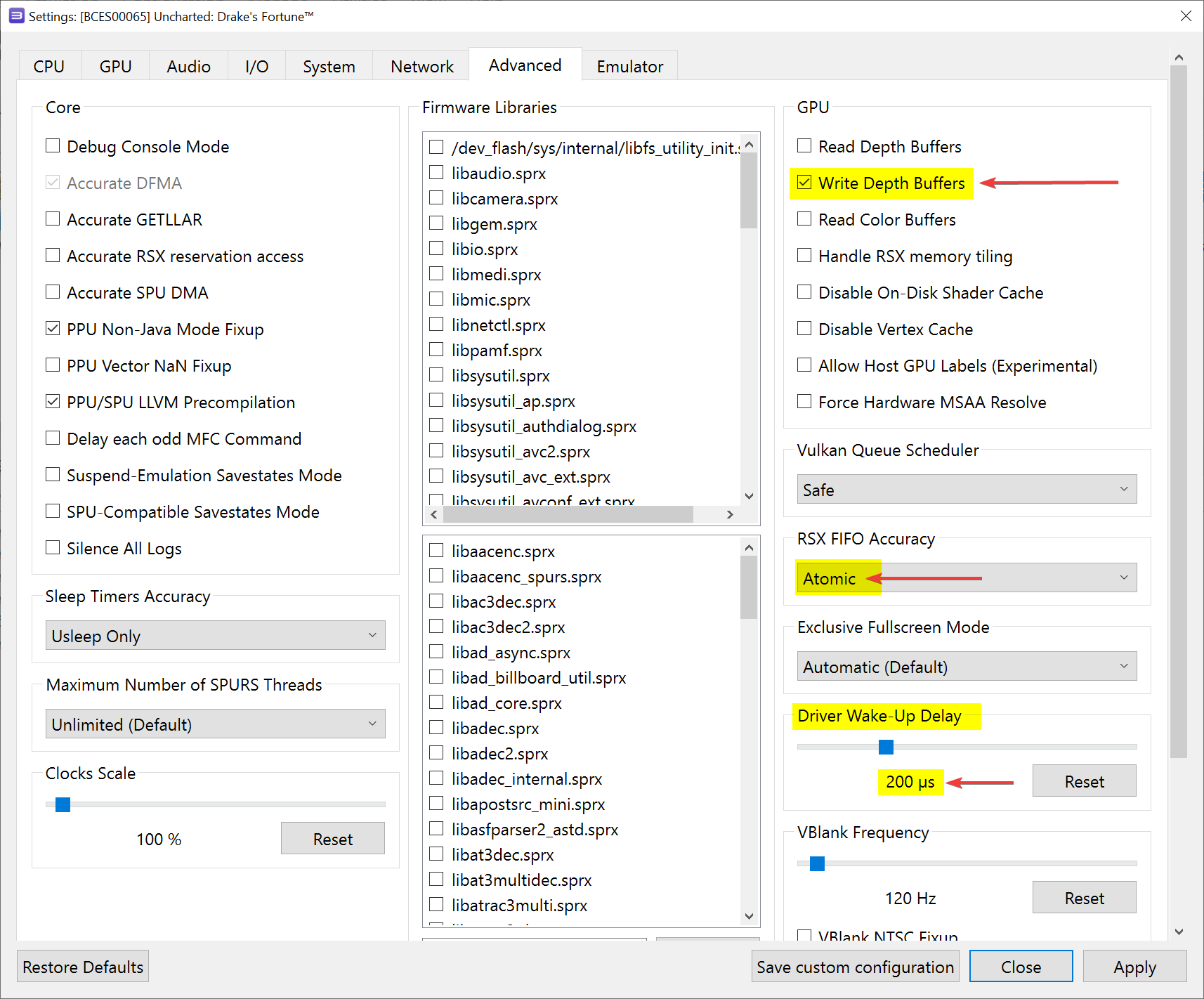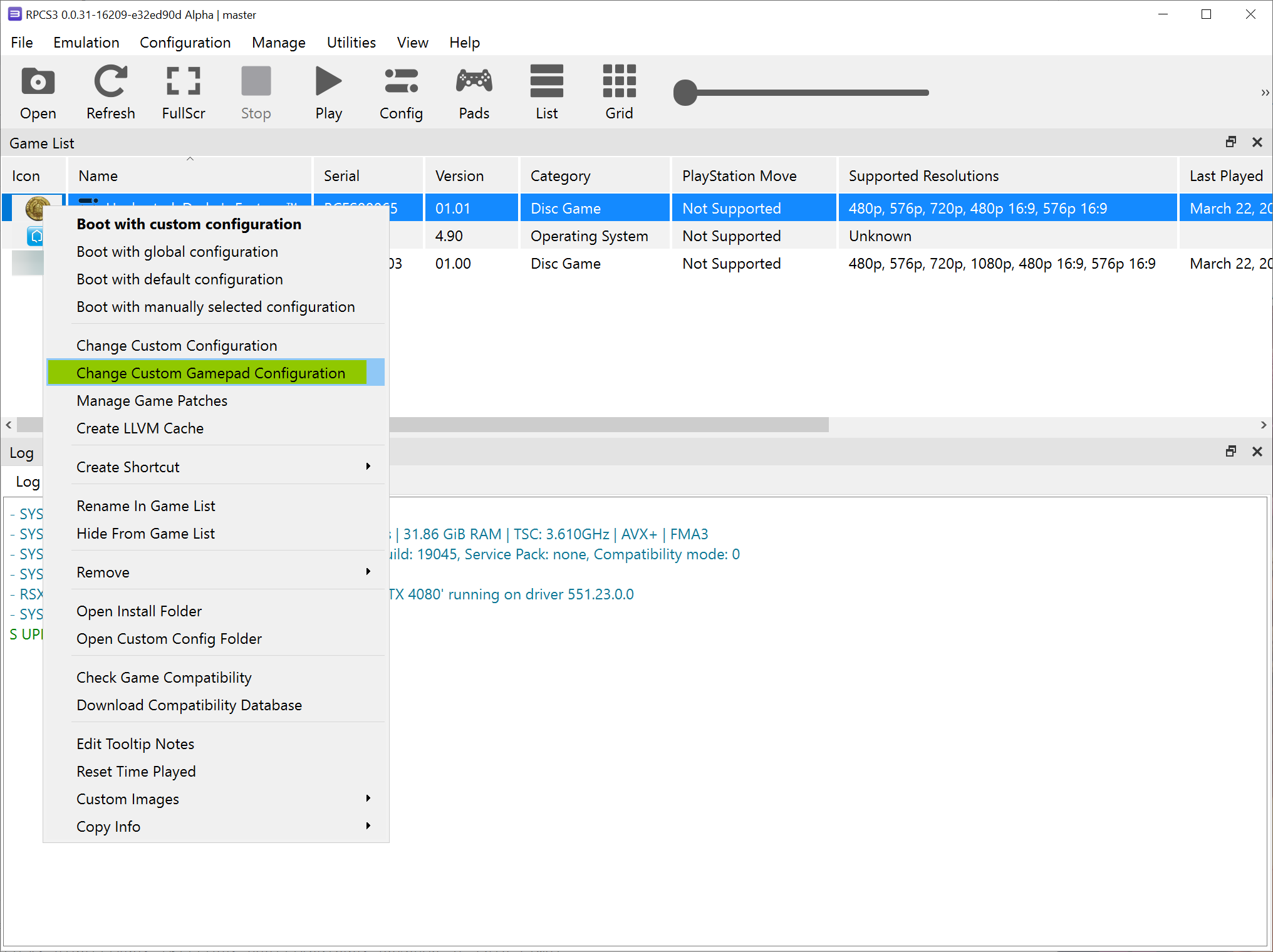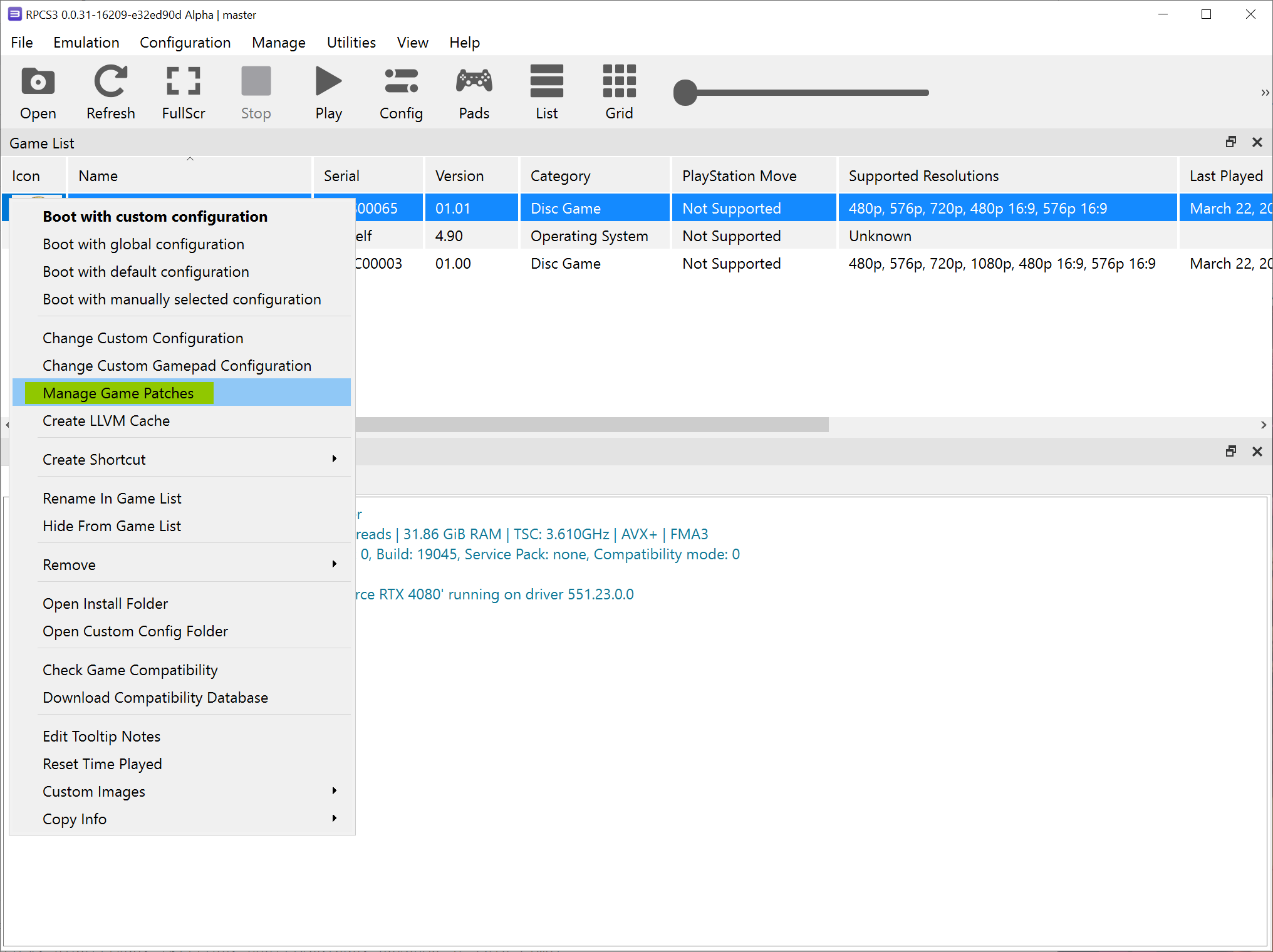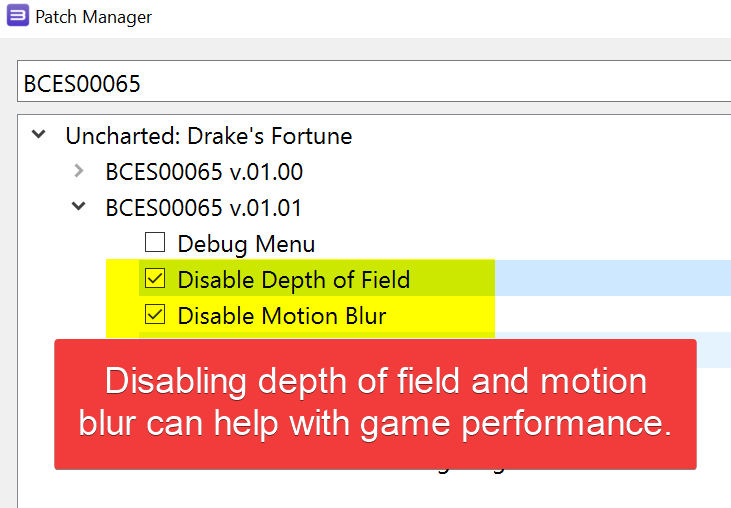Logical Fallacies – Genetic Fallacy
This logical fallacy is known as the “genetic fallacy”. This fallacy occurs when someone dismisses or accepts an argument / claim based solely on its origin, rather than if the information itself is true or not.
One popular genetic fallacy I have encountered on the Internet is when people say “we cannot accept information from blogs” or “just because it’s on a blog, it is not factual information”.
For example, one subreddit I visited a few weeks ago, stated they do not accept personal blogs. Of course, their context was that blogs are not a “legitimate” source of information, while implying that “official” sources of information are accurate.
A couple of problems with this: 1) It is incorrect to say that all personal blogs are not legitimate sources of information, and 2) “official” news sources are not necessarily the best place to get accurate information too, and are not above having click-bait titles for their articles.
In other words, some blogs will have good info, others will not. Same goes for “official” news sources.
Summary: Genetic fallacies are nothing more than someone’s accepting / rejecting information solely based on the source or origin of said information, instead of checking if the information is accurate.
Posted in General, Logical Fallacies, Society
RPCS3 Settings Guide for Uncharted: Drake’s Fortune
This tutorial will show you which custom settings to use with Uncharted: Drake’s Fortune on the RPCS3 (PlayStation 3) emulator. These settings are what I personally use. As always, your results may vary.
Known Problems that I Experienced
- FPS drop when shaders get compiled (nothing you can really do about that)
- FPS drop when a lot of activity is on the screen (e.g., several enemies on the screen at once)
- Texture pop-in
- Texture flicker
Prerequisites
- Latest copy of RPCS3 (Download Page)
- A copy of Uncharted: Drake’s Fortune for use with the emulator.
- A fairly beefy computer (for best performance; can work on slower computers).
- A PlayStation controller (preferred) or an Xbox controller (connected via wired or wireless).
- First off, add the game to RPCS3 to get started.
- Now right-click on the game and select “Change Custom Configuration”.
- Now we are at the configuration for the emulator’s CPU. Make sure your settings match what is shown in the screenshot.
- Now click on the “GPU” tab and set your settings to what is shown in the following screenshot.
- Click on the “Advanced” tab and set your settings to what is shown in the following screenshot.
- Now click on the “Save custom configuration” button at the bottom of the configuration box.
- Right-click on the game again and this time select “Change Custom Gamepad Configuration”.
- Now set your controller input type.
- Click the “Save” button.
- Again, right-click on the game and select “Manage Game Patches”.
- Select the game patches as shown in the screenshot. Your version of the game may show different patches in the list. However, the two patches you want to select should still be available.
That’s it! You will want to run the game to see if everything is in working order.
Posted in Computers, Software, Tips & Tutorials, Video Games
